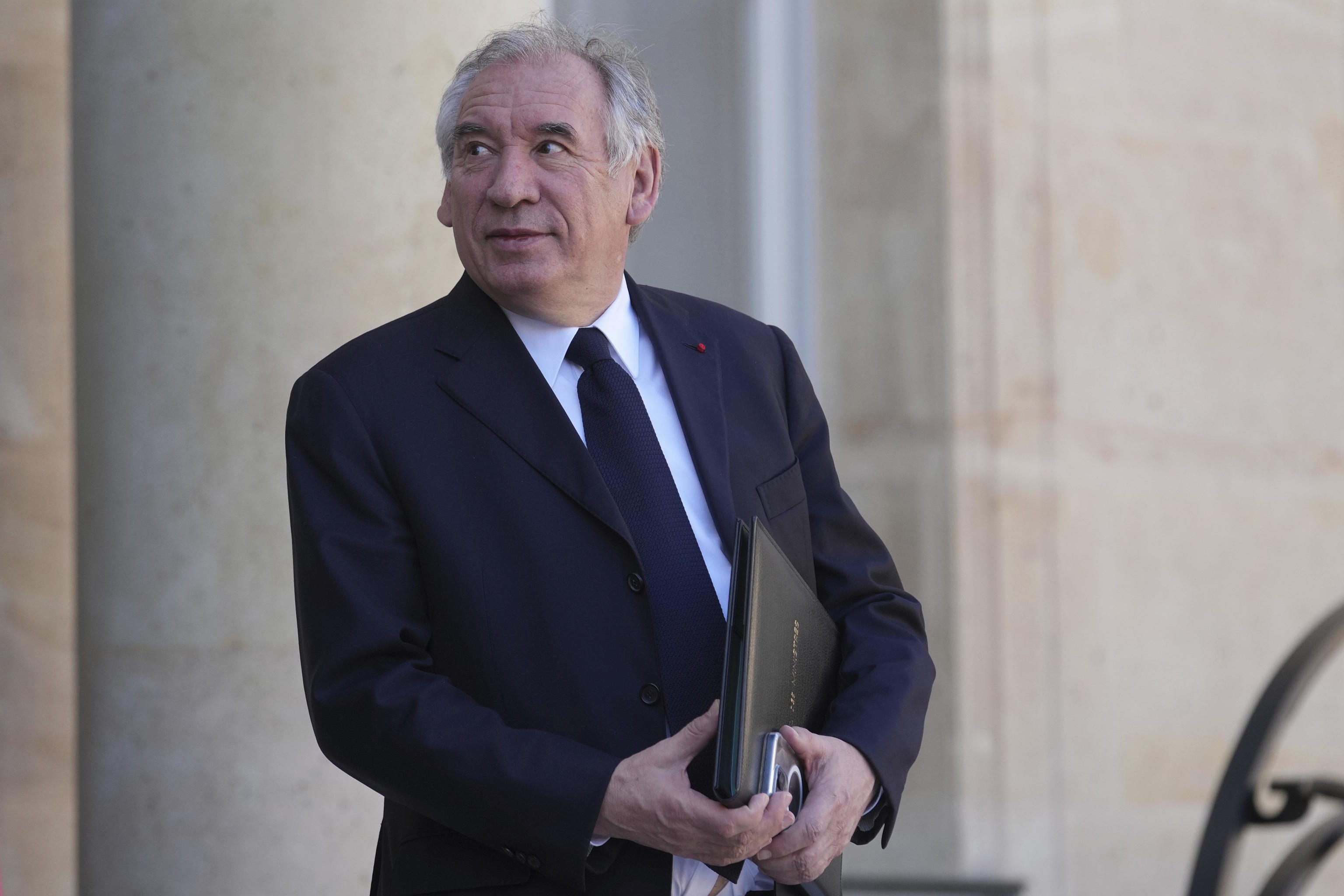The French Parliament has given the green light to the assisted dying law that will likely come into effect before the end of the year. The final vote had 305 in favor and 199 against. The Government defended the law as "an ethical response to the need to support sick and suffering individuals," emphasizing that it is "neither a new right nor a freedom, but a balance between respect and personal autonomy."
The Prime Minister himself, François Bayrou, a devout Catholic, publicly acknowledged his personal "doubts" on the issue, but President Macron justified pushing for the legislation by stating that "there are situations that are not humanly acceptable." The law was actually put on hold last year when the president decided to dissolve Parliament and call for early elections.
According to the text approved by the National Assembly, which will now go to the Senate for final approval, patients eligible for assisted dying must be over 18 years old, have French citizenship, and be afflicted by a "serious and incurable" illness or be in an advanced stage of "a terminal and irreversible illness."
The illness must cause "constant and unbearable physical or psychological suffering," and the patient must be able to "freely and informedly express their desire to die" and have access to "a personalized support plan."
The law already had the support of deputies from Renewal, Emmanuel Macron's party, and parliamentary forces from the center and left. All parliamentary groups, including right-wing parties National Rally and The Republicans, allowed their deputies to vote according to their personal convictions.
"The responsibility for a suicide cannot rest on society," declared Christophe Bentz during the parliamentary debate, emphasizing how his party advocates for the issue to be put to a referendum.
France currently allows what is known as "passive euthanasia," such as the withdrawal of artificial life-prolonging treatments or deep sedation before death. But those seeking "active euthanasia" have only the option to seek it in a foreign country (Spain actually approved the euthanasia regulation law in 2021).
"We have been waiting for this for decades," stated Stéphane Gemmani, spokesperson for Hopefully France. "This is in any case a first step, what comes next is important. It is time to align ourselves with other European countries. Forcing people to travel to Belgium and Switzerland and pay between 10,000 and 15,000 euros is not the solution."
